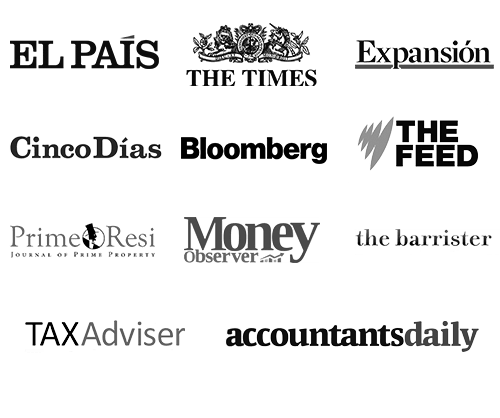The black spots of the floor clauses’ extrajudicial procedure
The extrajudicial process for the refund of the floor clauses leaves the consumers defenceless by making stealthy changes to their procedural rights.
When the Court of Justice of the European Union ruled in favor of the total retroactivity of the floor clauses, consumers saw their rights recognized and the opportunity to get back the money they overpaid banks for their mortgages.
The Spanish government prepared an extrajudicial procedure against the clock that provided a 3-month collection period to complete all refunds. It was presented as a measure that satisfied the consumers’ interests. But nothing further from the truth.
There are many black spots in this measure prepared by the government, which regulates the new extrajudicial procedure for the refund of the floor clauses. Consumer associations and the legal sector brand it to be a trap for consumers and a respite for banks.
But, where is the problem? Firstly, it is a voluntary procedure and it leaves out a considerable part of banking customers, such as SMEs and self-employed workers. In addition, it does not take into account previous claims that could have been sent to the banks for these clauses.
Secondly, it is not an urgent action procedure and it is of an exceptional and temporary character. In addition to that, it does not have any type of control or collection system, and its application starts when banks have not even prepared ahead of time a procedure to handle the demands.
Legally, this rule has many loopholes: it seems to guarantee a quick money pay back to customers, when, in truth, it gives banks a three-month period. In fact, banks are given a longer moratorium than the one consumers get when they are the debtors, that is to say, three months versus the twenty days they would have.
On the other hand, there is an unfair regulation regarding procedural costs if, after this process, the consumer goes to trial for not being satisfied with the bank proposal. It establishes that the bank will only pay the full costs of the trial if sentenced to pay back an amount higher than that initially offered to the consumer concerned. If the Court condemns the bank to a refund equal to or less than the one offered, the client could be forced to pay the costs of the trial, even if there is no procedural bad faith, as it would be mandatory in any case.
In addition, the client is not allowed to file a lawsuit with the bank while processing this extrajudicial procedure. Therefore, the repayment period (already long) is substantially extended, which is clearly detrimental to the consumer.
Lastly, it should be stressed that this process is only applicable to floor clause claims, and does not include other abusive clauses, such as the use of the IRPH index as an interest rate, the claim of the costs involved in obtaining a mortgage or the abusive interests for delay. In case of wanting to go to Court with a single demand for all these concepts, the client concerned would have to wait for the resolution of this process, which would greatly delay the refund of the amounts wrongly charged.
Therefore, it seems that the purpose of this procedure is opposite to what it is intended for, i.e., to protect the consumer and enforce a final judgment of the Court of Justice of the European Union. To dilate in any way this defense would only confirm the worst suspicions about this decree and a more than possible unconstitutionality case.
At Del Canto Chambers, we are specialized in tax and commercial claims before the Courts and the Tax Agency. You can contact us on our platform www.spanishbank.co.uk and at clerk@delcantochambers.com.
Claudio Rodríguez Vera (@rvclaudio)
Lawyer at Del Canto Chambers




